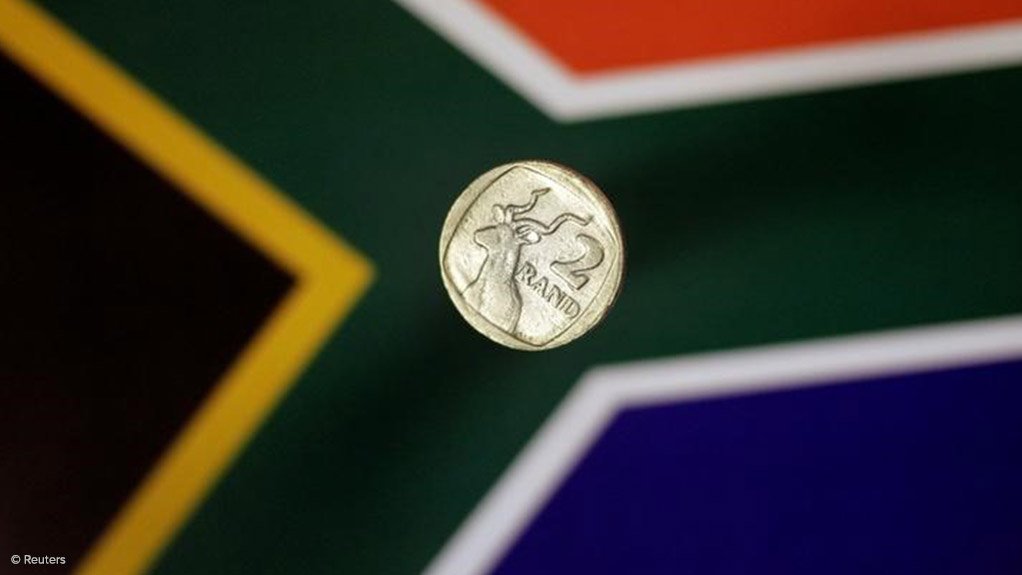Independent political and economic advisory firm Private Clients director Dr Frans Cronje argued on Thursday that for South Africa to grow investment, it should refine coal, rework empowerment policies and guarantee market value in the event of an expropriation.
Cronje was speaking during PSG Financial Services' ‘Think Big Webinar’, where he explained that South Africa would soon have more than enough installed energy generating capacity, and that in a defunded coal fleet, government would need to refit this coal infrastructure to provide energy while not immediately abandoning coal, to achieve an ambitious GDP growth rate of 4% or 5%.
He urged international actors, particularly Europe, not to pressure South Africa to abandon coal prematurely, arguing for a phased transition to green energy considering South Africa’s unique economic and political circumstances.
This, he argued, would prevent an energy ceiling from limiting future economic growth.
Cronje also urged government not to tax capital on arrival into the country, highlighting that this was one of the key factors that deterred investment.
Meanwhile, he said the real building blocks of empowerment were fixed investment, tax payments, employment and exports.
He said South Africa’s fixed investment rate of about 15% of GDP was too low compared with emerging markets and believes that to achieve 4% to 5% GDP growth, government and the private sector must raise fixed investment by 10 percentage points collectively.
Further, he said South Africa should move away from “narrow racial criteria” to remove a major barrier to investment.
He pointed out that government should also look into the question of property rights, saying they must be 100% secure.
“There is no policy in South Africa called land expropriation. There's a piece of expropriation policy that allows the seizure of any fixed or moveable asset without market related compensation,” he said.
He said this needed to be tweaked to say that in the event of an expropriation, a court would weigh in to decide on compensation that was of market value.
“… in a free and open society and a modern industrial economy, it is just and equitable that expropriated owners get market value for assets that are appropriated,” he stated.
If all these recommendations were met, Cronje said, people would live in “much better circumstances”, noting that politically South Africa would remain free and open, and the country would be a “pretty prosperous and pretty stable” corner of the world.
EMAIL THIS ARTICLE SAVE THIS ARTICLE ARTICLE ENQUIRY
To subscribe email subscriptions@creamermedia.co.za or click here
To advertise email advertising@creamermedia.co.za or click here











